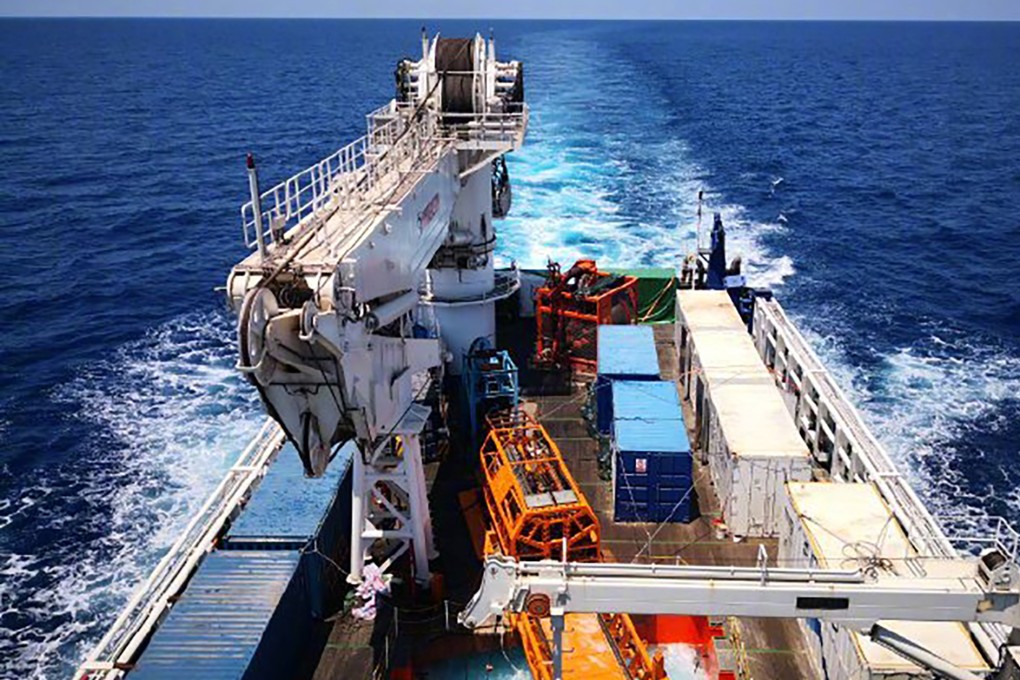East China Sea tensions: Will fresh Sino-Japan talks over Beijing’s gas drilling end in deadlock again?
- Senior Japanese diplomat Takehiro Funakoshi, to meet Hong Liang, who oversees Beijing’s border and ocean affairs, in first high-level contact on the issue in months
- ‘Little likelihood’ of either backing down, ahead of the CCP’s National Congress and Japan’s July election for Upper House of the Diet

Tokyo and Beijing are set to hold talks on Thursday about China’s apparent exploration for natural resources in contested areas of the East China Sea, although analysts are not upbeat about the two sides reaching an agreement in the dispute.
Takehiro Funakoshi, head of the Foreign Ministry’s Asian and Oceanian Affairs Bureau, will speak over video with Hong Liang, who oversees Beijing’s border and ocean affairs, Kyodo News reported.
The discussions will be the first high-level contact on the issue since November.
Japan is expected to make a formal protest to China unilaterally pushing ahead with the construction of what appears to be gas drilling platforms in the East China Sea. Tokyo will point out that the two governments reached an agreement in 2008 to jointly develop oil and gas reserves in areas where the nations’ territorial claims overlap.
Though the previous talks ultimately deadlocked and an agreement was never signed, Tokyo is expected to ask that Beijing resume discussion on development rather than simply pushing ahead with exploration and exploitation of gas and oil deposits.